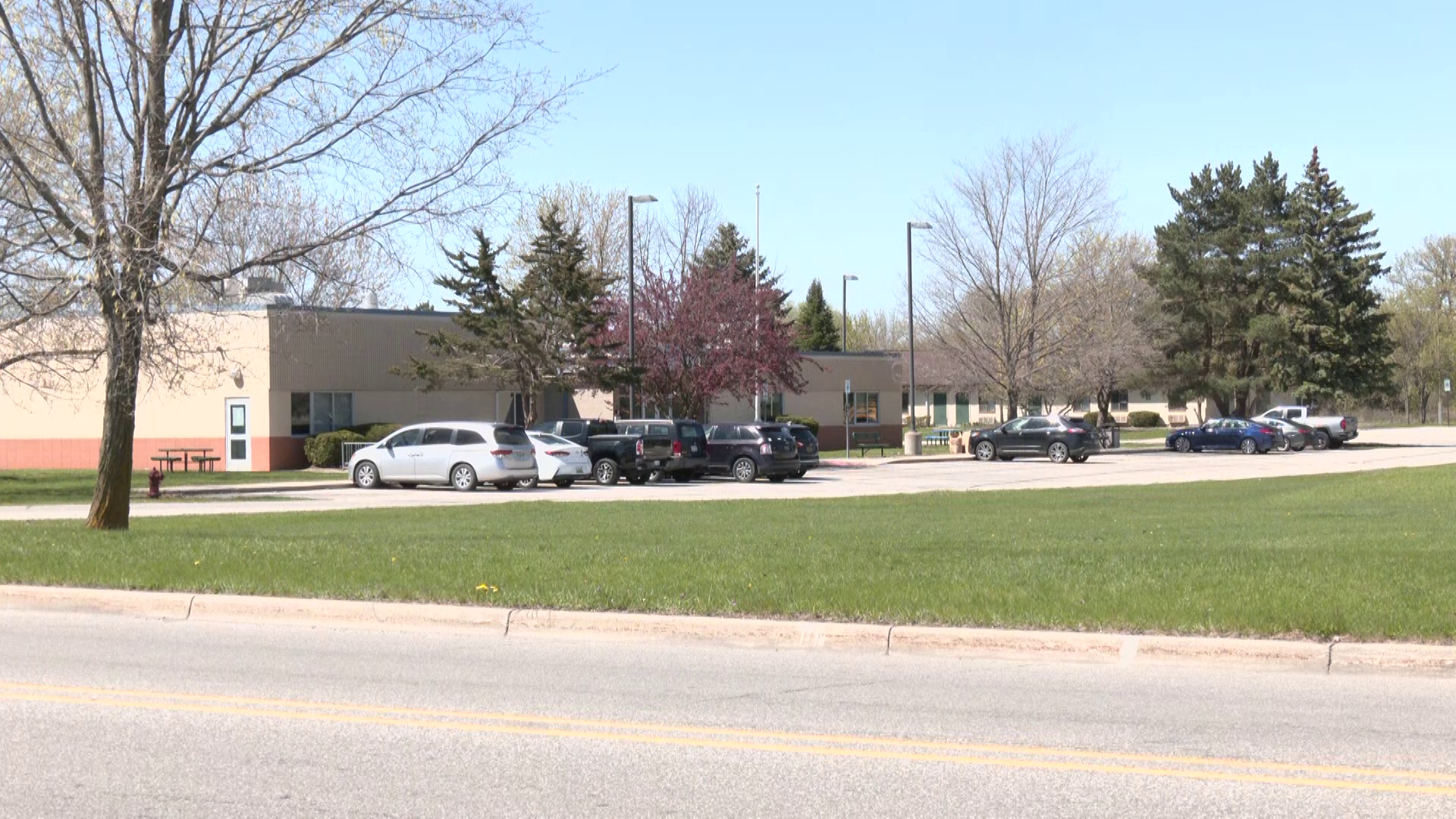
The Michigan Department of Health and Human Services is updating its COVID-19 isolation and quarantine guidance, citing current conditions and low numbers of new COVID-19 cases in the state.
MDHHS says the update does not change guidance for health care, long-term care, corrections and other high-risk settings, and these entities should continue to follow existing guidance.
“We are updating our guidance to reflect the fact the state has entered a post-surge, recovery phase,” said Dr. Natasha Bagdasarian, MDHHS chief medical executive. “As we move through the phases of our COVID-19 response our recommendations will be updated to reflect the current status of transmission, while continuing to prioritize public health and promote health and wellness for all communities. We continue to strongly urge all residents ages 5 and older get the safe and effective COVID-19 vaccine and to get boosted when eligible as the vaccine continues to be our best defense against the virus.”
The COVID-19 cycle has been broken down into three key phases:
- Response – Local and state public health implement rapid response to a surge. The public may be advised to increase masking, testing and social distancing.
- Recovery – Post-surge. No immediate resurgence predicted. Local and state public health will monitor conditions that could lead to future surges.
- Readiness – A surge in cases is expected, with implications on severity of illness and hospital capacity. Increased communication to the public regarding possible new risks.
During the recovery phase, masks remain an important tool in mitigating spread of COVID-19. Individuals who feel sick, may be at higher risk of infection or who feel better protected when masked should choose when they feel comfortable masking. Michiganders should consider their individual and family members’ risk factors and vaccination status when making the personal decision whether to mask. Those with chronic illness or who are immunocompromised are at higher risk for poor outcomes from COVID-19 and would benefit most from masking in indoor settings. These risk factors may include age, medical conditions and vaccination status.
For more information on COVID-19, visit .
© 2023 - 910 Media Group


